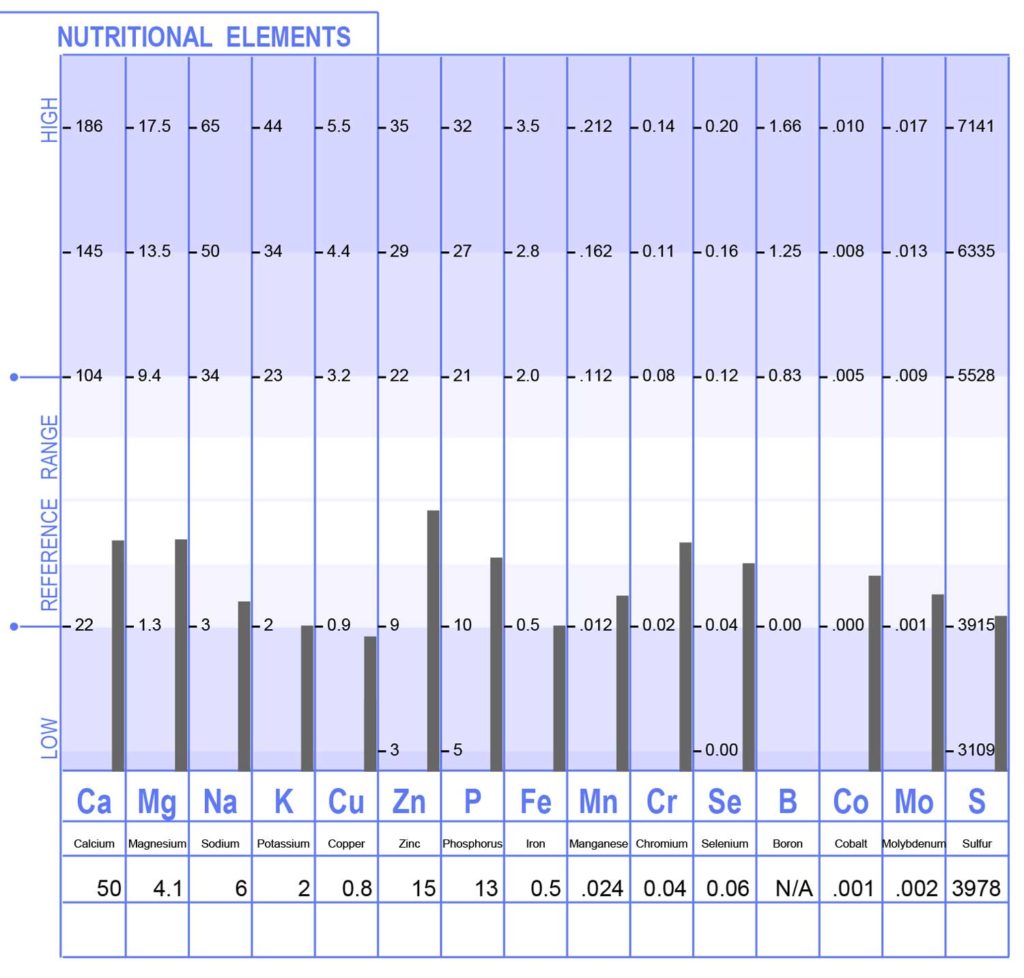Last Updated on November 16, 2023 by Cathy

When people think of stomach acid they usually think of heartburn or acid reflux. But that’s not always the case. Low stomach acid, also known as Hydrochloric acid (HCl), also causes problems.
Stomach acid protects the body against pathogens ingested with food or water. It plays a vital role in the digestion of proteins by activating digestive enzymes. Without stomach acid, it leads to harmful bacteria, viruses, and yeast overgrowth.
Stomach acids help break down:
- Carbohydrates into glucose
- Fats into fatty acids
- Proteins into amino acids
With the proper amount of stomach acid, it aids in the digestive process. Low stomach acid can lead to gut infections and nutritional deficiencies. Having MS puts a person at a higher risk for low stomach acid. Plus, as we grow older our body’s stomach acid production decreases.
Keep reading to get a FREE Gut Health Tracker
Common signs of low stomach acids:
- Bloating
- Burping
- Diarrhea
- Gas
- Heartburn
- Indigestion
- Upset stomach

If your stomach acid is extremely low it can cause a person to become nutrient deficient.
- Increased irritability
- Increased urination
- Lightheadedness
- Muscle cramps
- Skin issues such as acne and psoriasis
- Tingling
- Weakness
Stomach acid decreases as a person ages. Plus, people with MS have more bad gut bacteria than healthy people. This could be due to low stomach acid.
Testing for Low Stomach Acid
You can do a simple at-home test using baking soda. It isn’t 100% accurate so you should try it at least three times to give you an estimate. It’s best to do this first thing in the morning before you consume anything.
Simple stomach acid test:
- First thing in the morning before eating anything drink a small glass of water with 1/4 teaspoon of baking soda
- Drink the baking soda water
- Wait at least 5 minutes, if you haven’t burped you have low stomach acid
To learn how to heal your leaky gut read: Steps To Heal Your Gut
Trace Elements
Like vitamins, minerals are essential nutrients but these are only needed in very small amounts (trace elements). Even though trace elements are found in small amounts they play a very important role.
Low stomach acid depletes trace elements such as iron, magnesium, and zinc. Although our body needs only a “trace” of these minerals, they play an important role. For example, a potassium deficiency can result in depression and muscular weakness. Studies found iron, potassium, and zinc are significantly lower in MS patients.
Trace elements play a role in:
- Development of the nervous system
- Myelination of the nerve fibers
- Neural excitability (critical to neuron survival)
What are trace elements?

Trace elements are very small amounts of minerals found in the body. It’s also known as micronutrients. Although they are in small amounts they contribute to vital functions in the body. Including metabolic function and tissue repair.
Symptoms of mineral deficiencies:
- Calcium – muscle cramps, numbness, tingling
- Copper – Anemia, arthritis, bacterial infections, insomnia, neurological disorders, osteoporosis
- Iodine – cold sensitivity, constipation, dry hair, feeling tired
- Iron – anemia, dizziness, fatigue, shortness of breath, tingling
- Magnesium – anxiety, constipation, low blood pressure, muscle cramps, tightness, urinary frequency
- Manganese – anemia, dizziness, elevated calcium level, skin rashes, weak hair and nails
- Phosphorus – anxiety, bone pain, fatigue, irritability, stiff joints, weakness
- Potassium – constipation, fatigue, muscle cramps, numbness, tingling, weakness
- Sodium – fatigue, headaches, muscle spasms
- Sulfur – acne, brittle hair and nails, depression, migraines, rashes, slow wound healing
- Zinc – acne, food allergies, leaky gut, poor neurological function, thinning hair
When there are not enough trace elements you are more prone to chronic infections. Such as bacteria, parasites, and viruses. It also causes food to ferment in your gut instead of getting digested. A yeast overgrowth known as Candida albicans may also be due to low stomach acid.
Studies found a lack of trace elements in several neurological diseases including:
- Alzheimer’s disease
- Amyotrophic lateral sclerosis (ALS) also known as Lou Gehrig’s disease
- MS
- Parkinson’s disease
Many factors can cause a mineral imbalance including:
- Drug and alcohol abuse
- Genetics – a predisposition toward certain mineral imbalances such as magnesium
- Medications – over-the-counter and prescription
- Poor Diet – diets high in processed foods, unhealthy fats, and sugar
- Restrictive diets – such as the paleo diet and vegetarian diets
- Stress – it’s important to reduce stress as much as possible
- Supplements – taking a large amount of one supplement can create an imbalance
- Toxins – body care products, dental amalgams, household cleaners, smoking, etc.
Are you malnourished even though you’re eating a healthy diet?

Healthy diets can also cause a mineral imbalance if you remove certain food items. For example, people with MS should avoid dairy to avoid flares. Dairy is a good source of calcium but foods like broccoli and bok choy are better options.
When a person has low stomach acids it makes them more susceptible to gut infections. It can also make them more susceptible to the Epstein-Barr virus (EBV). A 20-year study found that EBV is the main cause of MS and other factors such as vitamin D deficiency.
Low stomach acid can cause chronic infections such as:
- Lyme disease
- Mycotoxins
- Parasites
- Small intestinal bacterial overgrowth (SIBO)
- Yeast overgrowth (Candida)
My Experience With Trace Elements
I eat a healthy diet but I’ve removed a lot of foods from my diet. That includes foods that are high in carbohydrates and mold. Also, foods I have a sensitivity to. Even though I’m eating a healthy diet I worried I wasn’t getting enough nutrients.
I was always underweight and struggled to try to gain weight even though I ate a lot. Each year during my wellness checkup my family doctor would say I was “malnourished.” Unfortunately, she never tested me to find out why.
Eventually, I decided to take matters into my own hands. I ordered a hair analysis test to determine my mineral balance. Even though I was eating what I thought was a healthy paleo diet, I was low in most nutrients.
You can see my results below:

In the image above, each mineral should be in the middle of the “Reference Range.” As you can see, I’m low in every mineral except for zinc which is pretty close. I have a deficiency in potassium, copper, and iron. Having low stomach acid would explain why my body wasn’t absorbing nutrients.
Because my body wasn’t absorbing nutrients I struggled with gaining weight. Today I take HCl every day because I have MS and because I’m getting older. Making these changes has allowed me to be at a healthy weight.
Unfortunately, gastrointestinal symptoms are common in MS patients. This includes a lack of good bacteria, constipation, leaky gut, yeast overgrowth, and low stomach acid.
To stop the progression of MS you need to fix your gut!
Lemon Water and HCL
The liver produces bile, a fluid stored in the gallbladder that helps break down fats. Bile from the gallbladder surrounds the fat to break it down into fatty acids. When our liver is overburdened by excess fat and toxins, it’s unable to produce bile. HCL in gastric juice breaks down proteins allowing our body to digest them. When your liver is overwhelmed and you have low HCl it becomes a double whammy.
Lemons are a good source of vitamins B and C and minerals such as calcium and magnesium. (People with MS are often deficient in magnesium.) Lemons are high in acidity which stimulates the production of HCl. Drinking a glass of lemon water not only keeps you hydrated it will help increase your HCl.
Try drinking a glass of lemon water first thing in the morning to help wake you up and increase your HCl.

Gut Health Tracker
Get the password to my library with MANY wellness printables including the Gut Health Tracker here by filling out this form:
Want to remember this health tip? Pin it to your Pinterest board!

Photos by Anderson Martins on pexels.com and ja ma and Thought Catalog on unsplash.com.
Resources:
Blood Trace Element Status in Multiple Sclerosis
Facts About Low Stomach Acid You Need To Know





